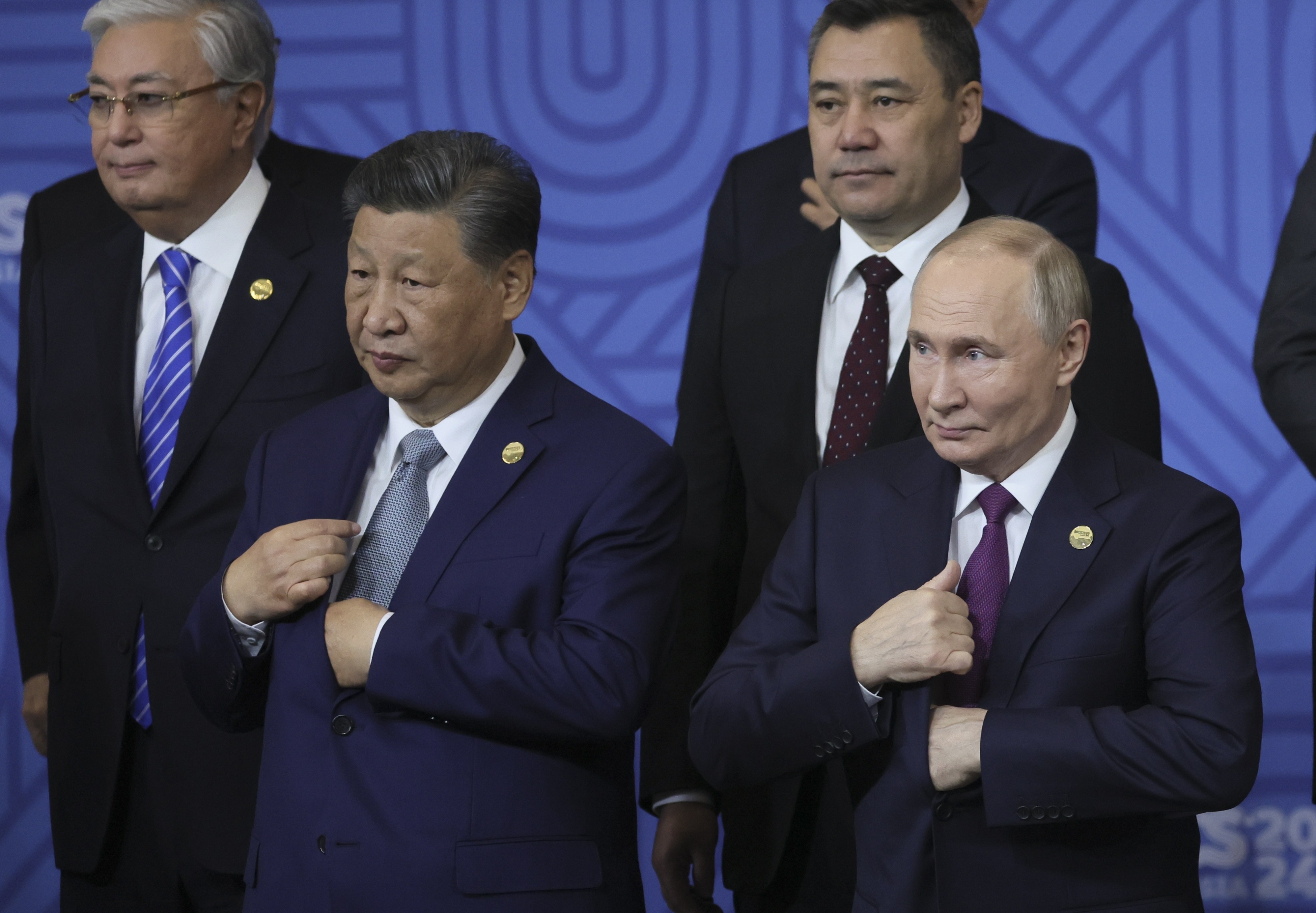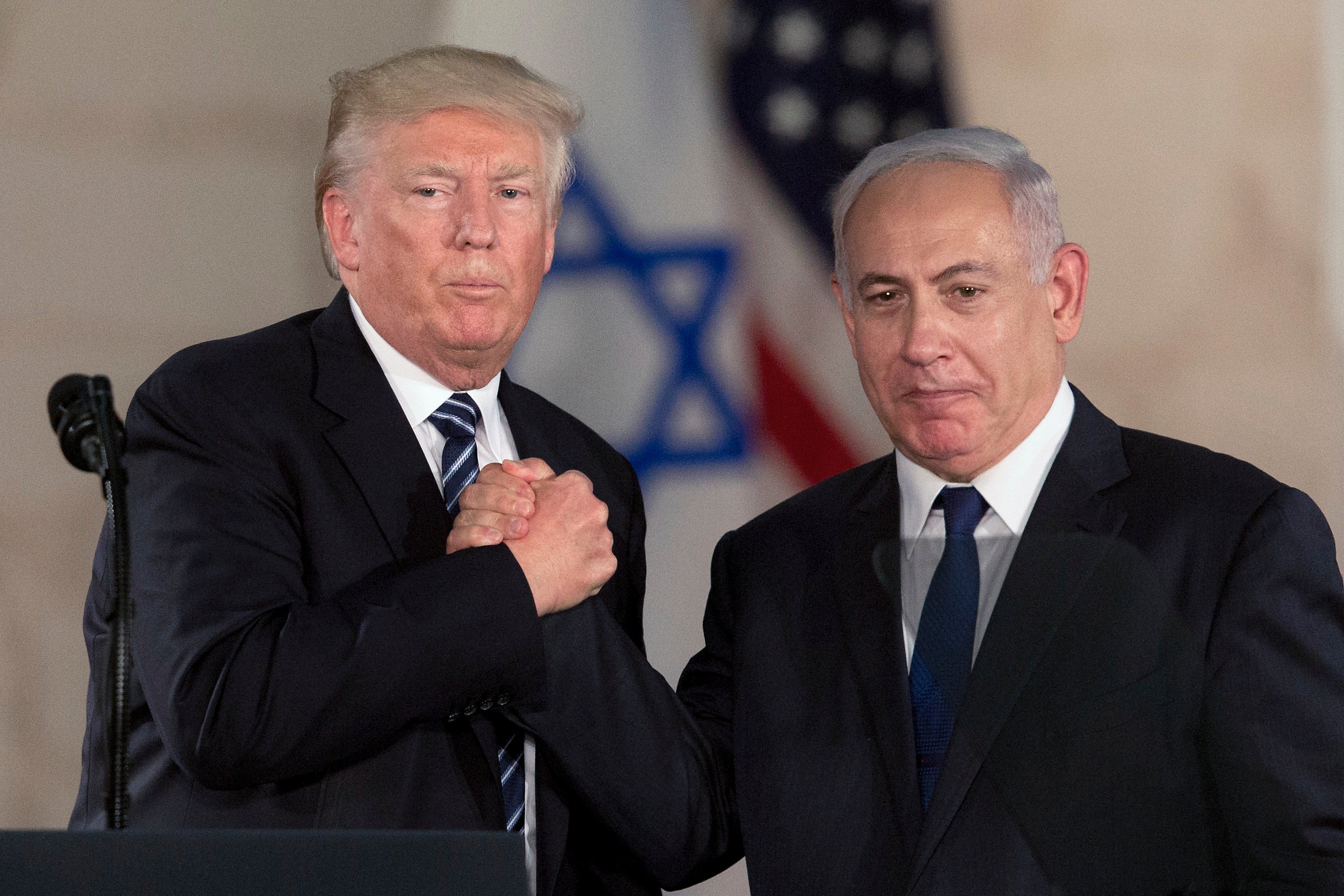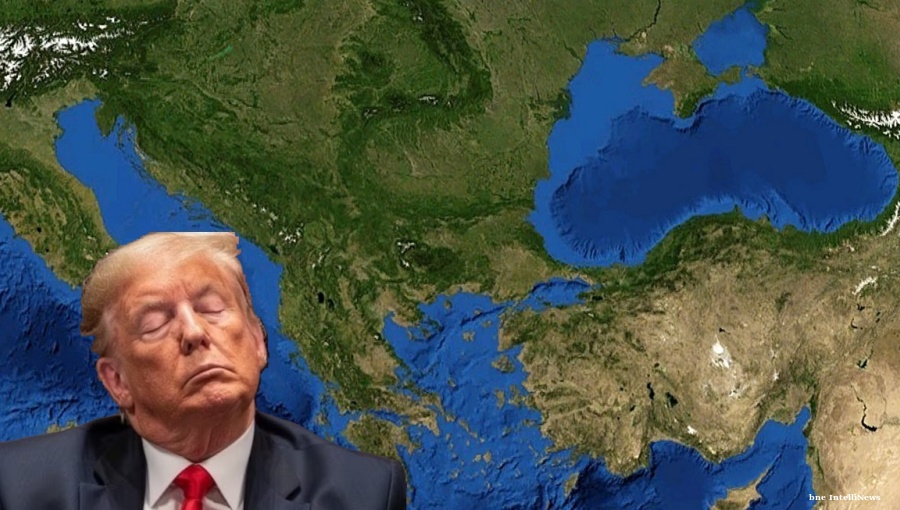China should learn from Russian ‘resilience’ in sanctions defense: researchers
Government researchers have recommended several steps China should take to prepare for potential sanctions, using Russia as case study
China-Russia relations: Latest News and Updates | South China Morning Post
China should learn from Russia’s struggles with US-led sanctions and take pre-emptive action to boost self-sufficiency in grain and energy, researchers at a government think tank said, while also making its industrial chains more resilient through regional partnerships and diversification.
“The decoupling, breaking, and choking of industrial chains are likely to become the norm in future great power rivalries,” cautioned Zhang Qizai, deputy director of the Institute of Industrial Economics at the Chinese Academy of Social Sciences. Zhang and fellow researcher Chen Hanxue published their findings in the latest issue of Russian, East European & Central Asian Studies, an academic journal.
They urged China to prepare for risks by learning from Russia, whose industrial chains “demonstrated strong resilience in the face of extreme sanctions” since the onset of the war in Ukraine.
“China must further strengthen the stability and supply security of key industries such as food, energy and minerals,” the academics said, calling such a move essential for industrial resilience as well as the functioning of the national economy.
The government can guide enterprises to establish capacity in the country’s north and northwest, they added, and foster partnerships with neighbouring countries like Russia and Kazakhstan to create stable cross-border supply chains.
“While the US used the dollar to impose financial sanctions on Russia, aiming for a ‘financial nuclear bomb’ effect, the impact has been limited,” the researchers said. “[It] could even undermine the dollar’s status as the global reserve currency.”
Following the war’s outbreak in February 2022, the US and its Western allies levied a wave of stringent sanctions against Russia, including unprecedented export curbs, financial restrictions, and caps on oil prices.
Russian banks were cut off from the Society for Worldwide Interbank Financial Telecommunication – the premier international messaging network for cross-border transactions – and about US$300 billion of Moscow’s overseas assets have been frozen.
“[We should] seize the opportunity for the yuan’s internationalisation brought by ‘de-dollarisation,’ strengthen financial infrastructure, and streamline cross-border yuan payment processes,” authors said.
Mutual international recognition on logistics standards was also encouraged to diversify the country’s transport channels and storage infrastructure.
Leading companies in globally competitive sectors like rail, new energy and power systems should also be supported in their efforts to build brands with independent intellectual property and global influence, the authors said.
“This could serve as a breakthrough to establishing China’s leading position in global industrial chains … and enhance our deterrent capacity against potential disruptions.”
.png)








No comments:
Post a Comment